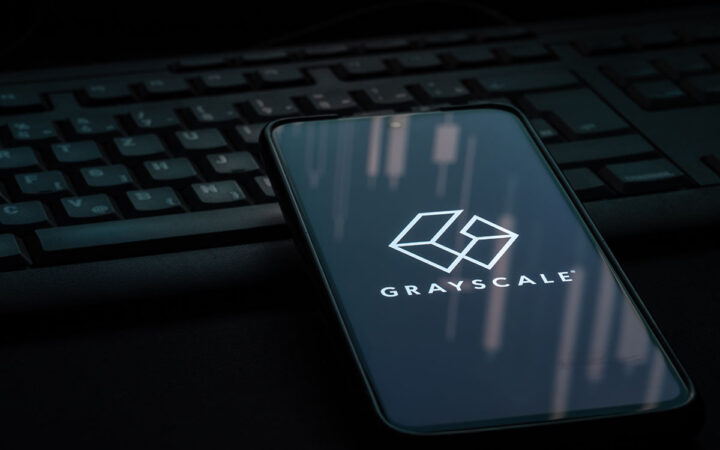With the rise of Decentralized financial (DeFi) solutions, like decentralized exchanges (DEX), the Ethereum network has seen a huge spike in transaction traffic. At the time of writing the Ethereum network has on average 150k-170k transaction paced through its memory pool every minute.
What this means is that, there are an average of 150K transactions still unconfirmed piled up in the Ethereum memory pool every minute. As always, these numbers are directly proportional to what the network fees are, which is an average of $38/Txn.
Even more, this figure is reasonably low compared to what it was in the middle of May, when the average transaction spiked to over 70$ per transaction.
Ethereum Blockchain vs Binance Smart Chain
Everyone familiar with DeFi on Ethereum understands this throughput and network fee challenge. This has also been one good reason why networks like the Binance Smart Chain are quickly gaining as much prominence as the Ethereum virtual machine (EVM). Another good reason for its prominence is its compatibility with the EVM.
All thanks to its high transaction speed, which has an average of 6 million transactions per day against Ethereums’ 200-250k transaction per day.
As you likely may know this is one reason why several projects are offered on various chains, from Binance, which is the most preferred by blockchain product developers, to Solana, Matics, Cardano and even Polkadot.
With several chains rising cross-chain interoperation is now becoming the way to go for scalable products in a world of multiple blockchains.
Uniswap paved the way for DEXs, however, it has been somewhat limited in the asset pairs it offers. New-born DEXs like Hashbon Rocket are giving their answer to that problem.
Decentralized Cross-chain Solution for Token Swaps
Hashbon Rocket is built to solve the cross-chain hurdle every yield farmer faces when exploring the multi-chain terrain of DeFi. Hashbon Rocket is targeted mainly at the EVM and every other EVM compatible network, which are Binance, Polkadot, Matics and more.
With this cross-chain functionality, Hashbon allows its holders to exchange assets across chains without needing third party custody. Hashbon Rocket’s system is built around security with arbiters verifying transactions in consensus. The platform follows the newly implemented financial model of proof of stake, which is both efficient and sustainable.
Exploring Hashbon Rocket
The Hashbon DEX has these three features unique to it alone, these are:
Cross-chain swap
For starters Hashbon presents an exchange solution compatible with all ERC-20 tokens and any BEP-20 token and vice versa. Later Hashbon will allow for cross-chain swaps across all EVM-compatible chains like Polkadot.
Decentralized Network of Arbiters
Arbiters who are HASH holders get to decide how and what goes with an exchange, similar to the team or board running a centralized exchange.
The Arbiter process out there is as follows:
- Open to all HASH holders: anyone is eligible to run Hashbon node(s) and top up HASH token balance
- Transaction confirmation through votes: arbiters get to check the transaction execution on two smart contracts on two different chains.
- Collect rewards in fees: arbiters get to collect rewards in fees in HASH tokens.
Proof of Stake through Arbiters
The consensuship protocol for Hashbon is proof of stake. Here arbiters get to make decisions through votes. Also the weight of each arbiter’s votes is based on their stake in their pool.
The greater an arbiter’s stake, the more voting power they have and the higher their fees for a right call and vice versa for an incorrect one.
Some other features to find on Hashbon Rocket are Launchpad features. And DeFi bonds. For launchpads fees are collected in Hashbon tokens as well as DeFi bonds.
HASH Token Use Cases
Liquidity Provider commissions to Arbiters for transaction execution are in HASH Tokens.
Arbiters will require HASH tokens for staking to become arbiters. Hence the more an arbiter’s stake, the greater the power of his decision.
All votes on rocket.hashbon.com will be done using HASH token. Also note that the cost of voting is free, however, there will be a fee to initiate it.
Upcoming order services such as Launchpad, DeFi lending (bonds), staking of third-party tokens will require a HASH Token fee.
Conclusion
Hashbon Rocket is offering a decentralized gateway, in a time where there is a need for cross-platform interaction across the two most popular smart contract chains out there. This problem area is worth giving the platform a second thought. Hashbon’s main goal remains the same since they’ve started – to simplify the financial world.
With their Hashbon Rocket, they provide an easy method to exchange two unsupported coins based on two different blockchains. However, their work doesn’t end here as they have plans on adding new (eventually all) EVM-Compatible blockchains to their Rocket. Their plans also go on to launching a crowdsale platform as well as creating the functionality of issuing decentralized bonds and staking third-party tokens.
Hashbon Rocket launches on the 9th of September so be sure to check out their platform once it is live.
Disclaimer: Coinspeaker is committed to providing unbiased and transparent reporting. This article aims to deliver accurate and timely information but should not be taken as financial or investment advice. Since market conditions can change rapidly, we encourage you to verify information on your own and consult with a professional before making any decisions based on this content.

Founder and editor at BTC PEERS. Andrey writes about financial experiments, DeFi, cryptocurrency, and blockchain.





